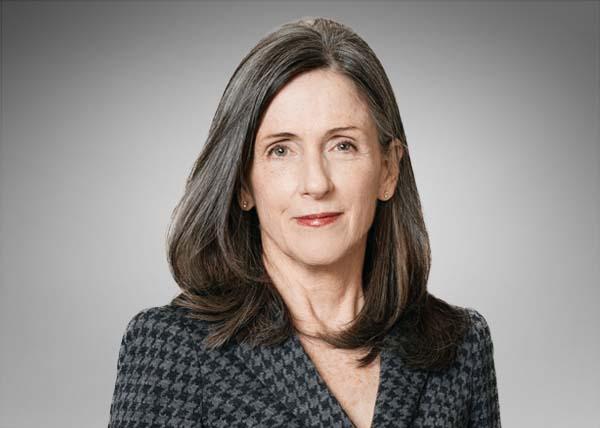Carol Browner and Don Ridings spoke with the National Law Journal regarding the critical role of ESG lawyers in Corporate America's attempts to go green.
“Before we started hearing about it from as many clients as we do, we already had a practice set up,” Don said. He mentioned ESG was on the firm's radar for a "very, very" long time. “Now you can’t throw a rock in Washington without hitting an ESG lawyer," he continued. "But by virtue of the firm’s regulatory practice, we saw these issues coming down the pike and began to help prepare our clients for what was ahead.”
"[Clients want integrated ESG solutions] and that’s a real challenge, because of the breadth and the scope of the number of issues that fall within the ESG umbrella,” Don said.
Don expressed that to help clients "connect the dots" across multiple practice areas and "countless regulatory issues," Covington designated three ESG practice coordinators drawn from each of the three disciplines. “We’re really coordinators more than leaders,” Don explained.
Don described how coordinators encourage all Covington lawyers to attend practice meetings to increase "knowledge fluency" in the subject area, “because frankly, at this stage, increasing knowledge fluency is a competitive advantage.” Don explained how every lawyer at Covington needs to be able to “spot the sustainability dimensions” of the issue they’re confronting and understand what the environmental, social and governance considerations are.
Carol added, “Many businesses now look to really incorporate ESG—not just have it as a sidebar, but actually incorporated into their day-to-day management, into their [key performance indicators] and into how they are thinking about [capital expenditures] and becoming part-and-parcel of all of their business decisions."
More and more institutional investors are using their shareholder voting power to hold boards accountable. “Everyone’s getting proxies now,” Carol said. “You can fight proxy by proxy, but that is really time-consuming. You are better served if you step back and have a strategy.”
Carol explained environmental issues “can no longer be thought of in isolation.” She added that transparency is what both the market and society are asking for. “Compliance is table stakes today. It is not what the game is anymore," she said.
“Some clients have embraced science-based metrics, and others are deciding to embrace it,” Don said. He expressed how in the past companies may have solved ESG issues by calling their ESG person and adding a line in their sustainability report. “Now the C-suite is involved, it is a board issue that impacts the entire company.”
The increasing importance of articulating ESG metrics has changed the way lawyers engage with their clients. “These have to be carefully verified and carefully articulated,” Don said. “Twenty years ago, I would not have described them as a legal issue. I would today.”
“The level of analytical rigor needed has increased dramatically,” Don remarked. “Historically, measures were aspirational, now they are looked at through the lens of a potential plaintiff’s lawyer or a regulator making claims against companies for making statements that are not completely accurate. People pay a lot of attention to what’s in securities filings for obvious reasons.”
Click here to read the full article.
Back
Back





